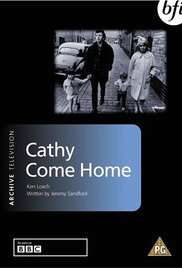
Since debuting on the UK’s digital terrestrial television service Freeview in March 2015, I have been enthralled by the Horror Channel. Part of the reason for my enchantment is linked to my ‘aca-fan’ interests as from April 2014 to late March 2016, Horror had been re-running episodes of ‘classic’ Doctor Who (e.g. those initially-broadcast between 1963 and 1989) on a daily basis.







